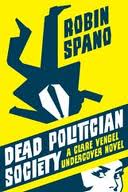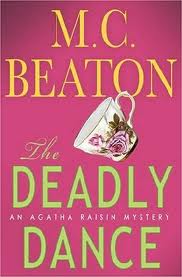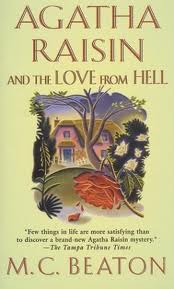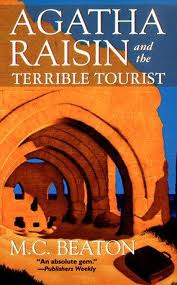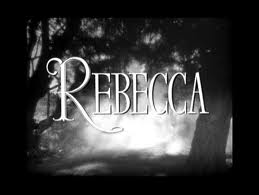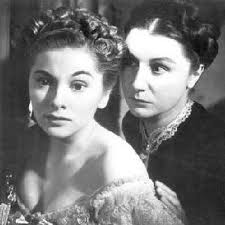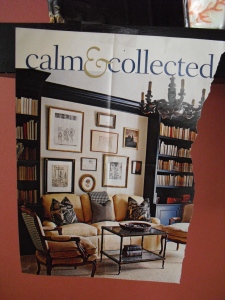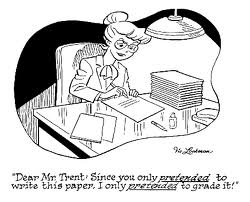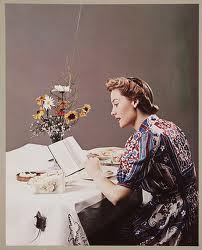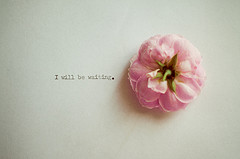
Saturday night, I was exhausted. Like, too tired to read, and I’m never too tired to read. I guess dancing at The Broken Spoke until midnight Friday night and then traipsing across the capitol ALL day on Saturday was a bit much for this gal. I mapped out Sunday’s events, watched some HGTV in the hotel (I don’t have cable, so this was thrilling) and crashed. Sunday found me refreshed and excited to get to my two panels:
Literature on the Lam
Moderated by Skip Hollinsworth of Texas Monthly and filmed by BookTV, I was really excited about this panel. Criminals fascinate me, and I was practically fused to my seat I was so enthralled. Malcolm Beith, Jonathan Eig, Hampton Sides, and James Swanson were all panelists.
Each has a new book out dealing with infamous criminals. James Swanson, who wrote Manhunt about John Wilkes Booth, has a new book out called Blood Crimes, which is about Jefferson Davis. Patricia Cornwell deemed Manhunt to be one of the top two true crime novels along with Truman Capote’s In Cold Blood. Hampton Sides writes about James Earl Ray in Hellhound. Jonathan Eig’s new book Get Capone posits new theories of the life Al Capone. Finally, Malcolm Beith wrote The Last Narco, a book about El Chapo, organized crime leader in Mexico.
The panel started on a light-hearted note as Hollinsworth asked Eig how he switched from writing about baseball players to Al Capone. Eig said he thought long and hard and asked himself: “Who else used baseball bats?” Eig’s sense of humor was welcome on the panel, and I’m curious how much humor comes across in his book. He says Capone was really “a product of Prohibition” who otherwise may have driven a truck or stocked store shelves. He had a chance to rake in money, though, and he took it. The odd thing about Capone, according to Eig, is how willingly he accepted the infamy. He asked “what kind of person welcomes that sort of attention” and ended by saying, “We’ve all got a little bit of larceny in us.”
Sides and Swanson were much more serious, tackling topics of national sensitivity. When asked how easily they could shake off the people of whom they wrote, all the authors said they could not. Sides and Swanson are left with questions as both John Wilkes Booth and James Earl Ray left many unanswered questions.
I particularly felt for Malcolm Beith, as he seemed genuinely disturbed by El Chapo. He answered he would never shake the man off because of the horror of his crimes, at one time killing 300 people in a vat of acid. El Chapo owns 23,000 square miles in Mexico and has enormous amounts of power. Beith, a former Mexican journalist, now resides in America and relates that at least 45 journalists in Mexico have died trying to bring to light the corruption.
Spanning cultural differences and huge time gaps, all the authors were interesting and obviously passionate about their books. I have added Manhunt, Hellhound, The Last Narco, and Get Capone to my reading list.
I can’t embed the video, but the link is here. It’s long-ish but worth the watch.

Swanson, Sides, Hollinsworth, Eig, and Beith at Literature on the Lam
Wickedly Funny Noir
This was a quirky bunch. Harry Hunsicker moderated a panel of authors including Lou Berney, Jonathan Woods, and Mark Haskell Smith. I haven’t read any of these authors, but the panel itself sounded interesting. Each was laidback and humorous and focused mainly on writing itself and not individual books. Hunsicker asked if there is any pressure to be funny, but each responded in the negative, Burney saying he writes characters “who aren’t funny but have a good sense of humor.”
How do you make sex funny? Woods, Berney, and Smith all agreed sex just is sort of funny. In fact, Berney doesn’t like writing sex scenes: “It embarrasses me; it embarrasses my Golden Retriever.” He relayed a couple of humorous scenes from his book. Smith said sex is just plain awkward, and he starts with that. He, though, apparently doesn’t shy away from these scenes, instead writing every gory detail. (My mom went to another panel the day before and said it was the closest thing to porn she’s ever heard. Apparently people with children there walked out as there was no warning and a children’s author was on the panel. Odd)
All agreed, as Burney said, “You have to learn to love killing things.” There is not a lot of humor in crime, but as Smith said, often the people with the best sense of humor are in law enforcement. The gist was, if we can’t laugh at something, we might as well “put a collective gun to our collective head,” Woods said
The audience here definitely felt more like a bunch of amateur writers. You know the type. They are really there for validation of their own work as opposed to really listening to what the authors have to say. Not all amateurs are like this, but many are. I did ask a question, though, to see if any of these guys knew any other funny noir other than Dashiell Hammett who wrote around the same time. They gave me some more current names, but that wasn’t really what I was looking for. It was a fun panel, though, and I will likely pick up Burney’s book Gutshot Straight. Mark Haskell Smith has written several books, Baked, Salty, Delicious, and Moist. Woods has a new collection of short stories Bad Juju and Other Tales of Madness and Mayhem.

Hunsicker, Berney, Woods, and Smith at Wickedly Funny Noir
The weekend was fabulous, and I can’t believe I have to wait another year to go back. I will definitely have to find some bookish events in the meantime. I hope you, dear reader, have something fun and bookish to look forward to – any great events happening near you?


